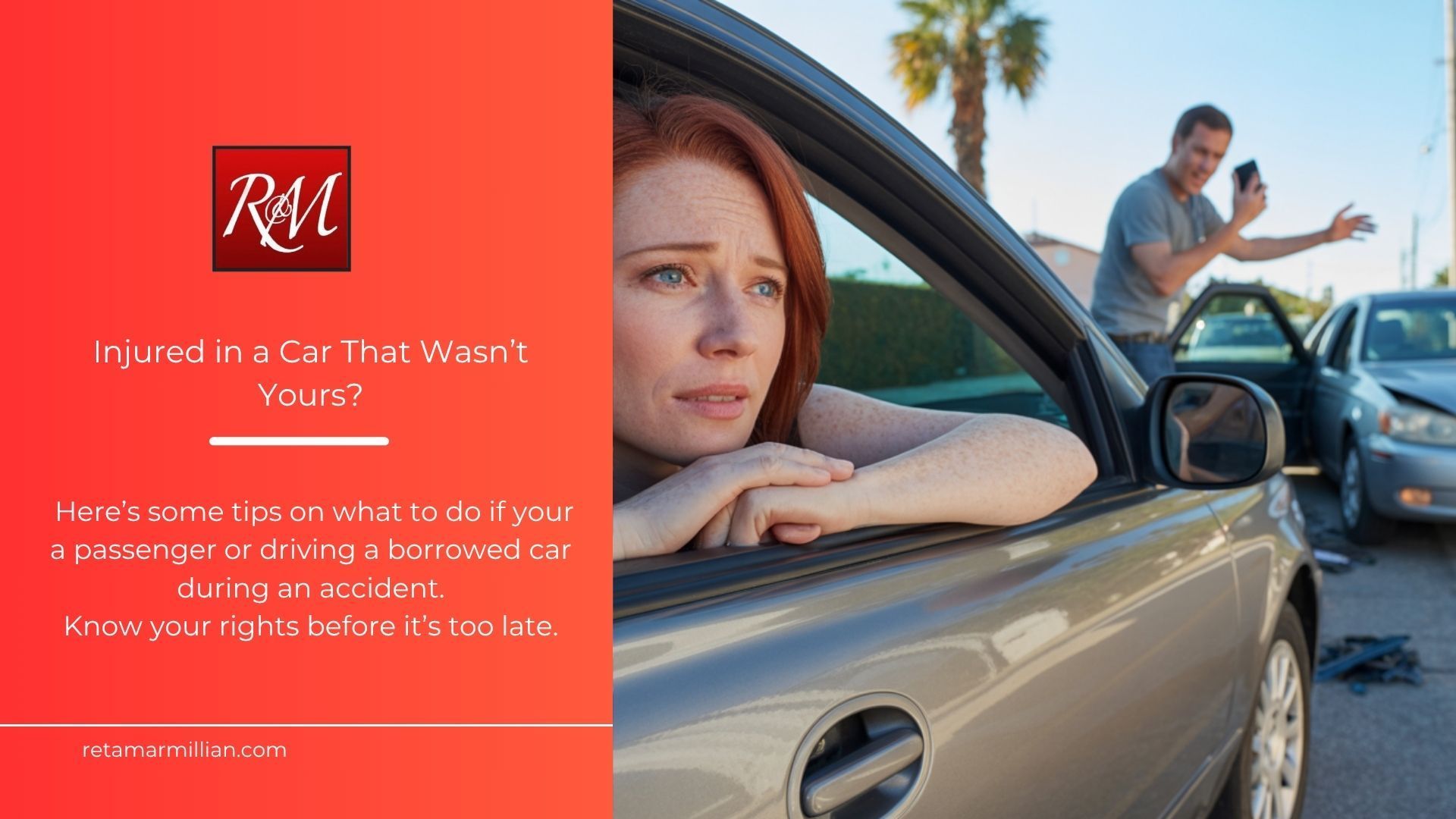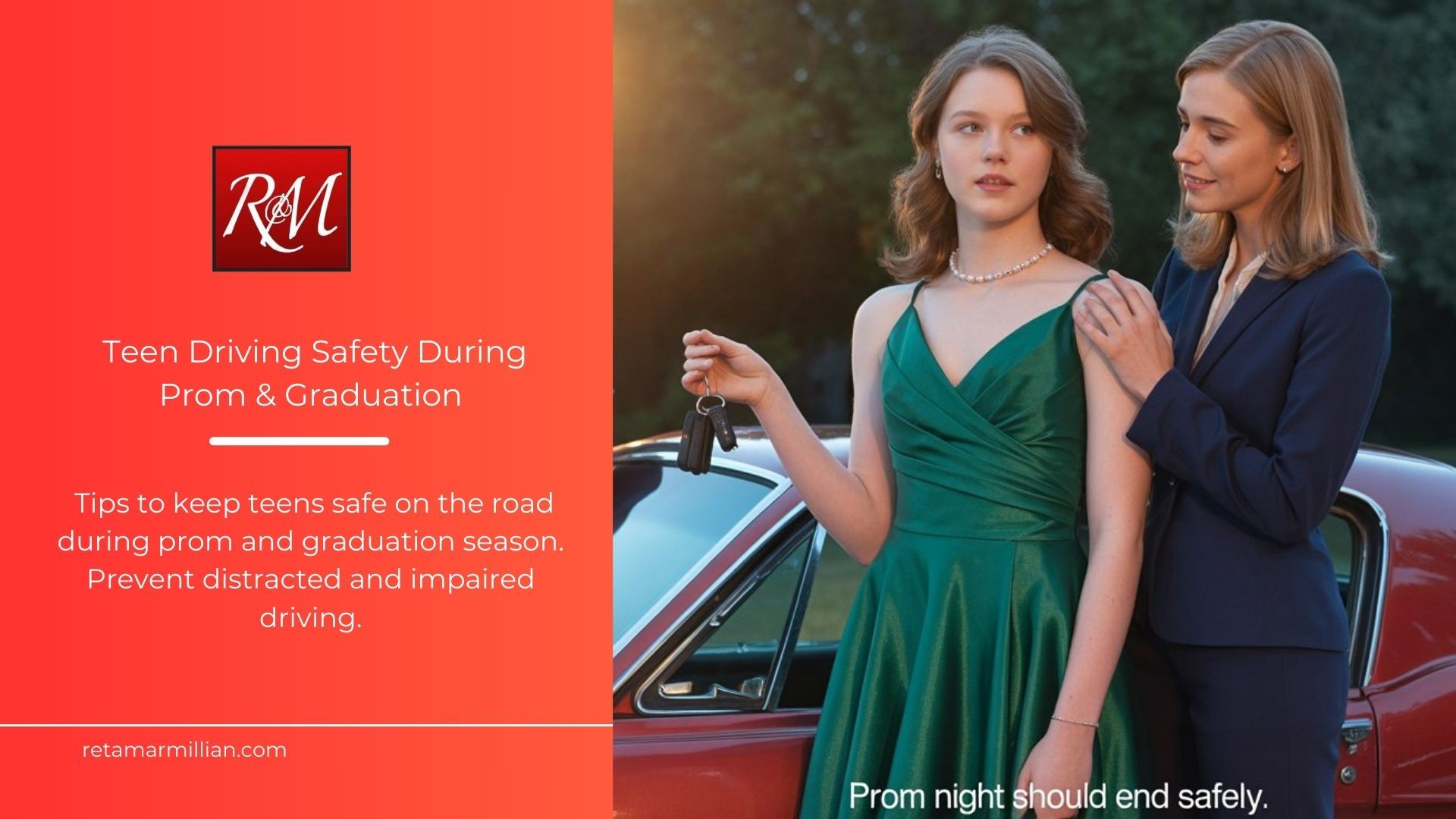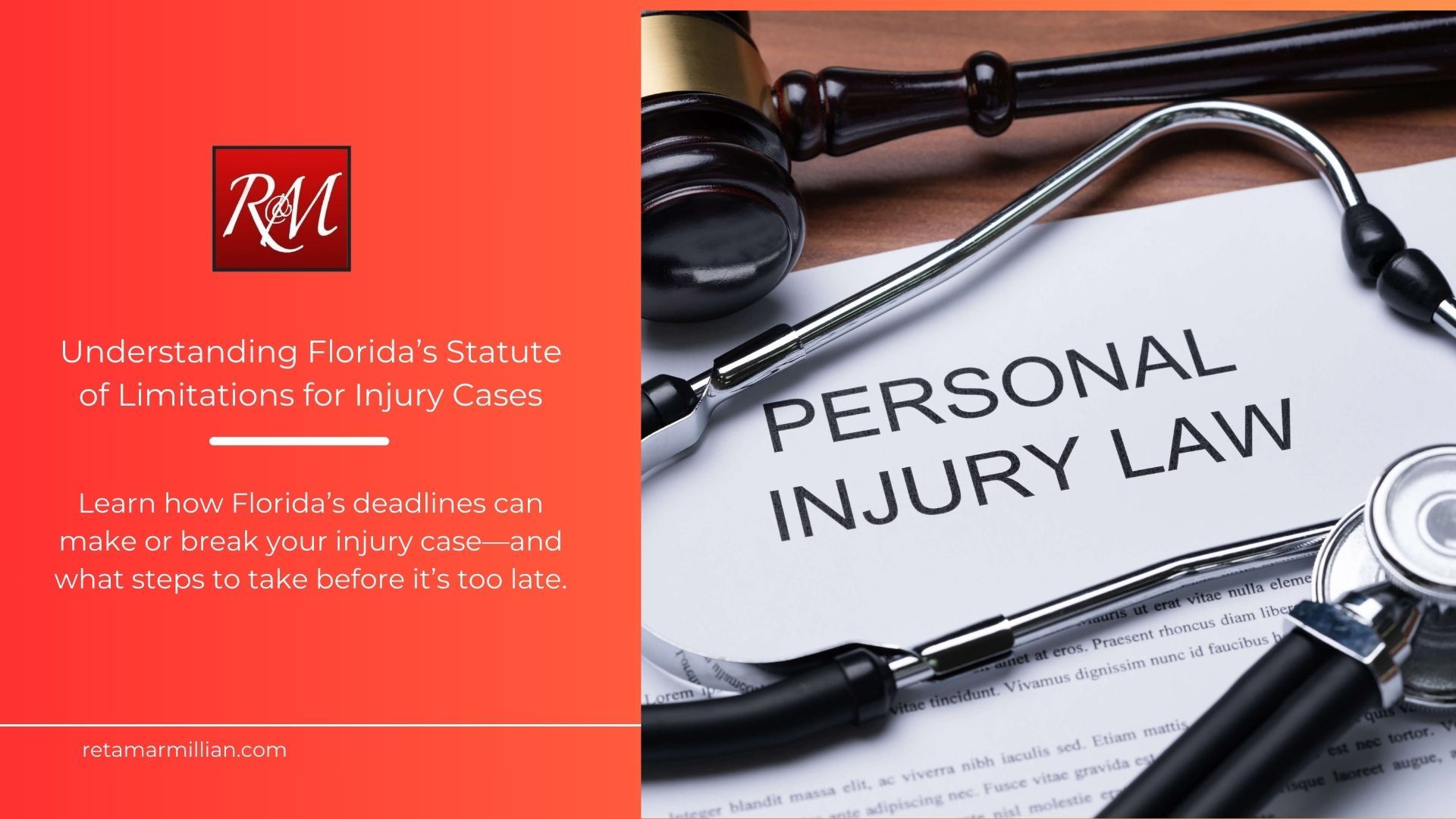IT’S RAINING AGAIN - WELCOME TO FLORIDA
Rick Millian • July 11, 2021
IT’S RAINING AGAIN - WELCOME TO FLORIDA
As we are now fully into the Florida rainy season, many injury law firms, hospitals and doctors’ offices are seeing the annual increase in persons injured in car crashes. It happens every year around during the rainy season. While you cannot prevent all accidents from occurring there are steps that you can take to lower your risk of an accident during the rainy season.
Steps to Take to Lower Chances of an Accident in Bad Weather
Before the rainy season and quite frankly at least 2 or 3 times per year you should inspect your car or have it inspected to make sure it is in proper working order. Specifically, make sure your lights, front and tail are working properly, your tires are in good condition and your windshield wipers, front and back are in good working order as well.
Tires and Windshield Wipers - Inspect them Often
Especially in Florida, windshield wipers should be cleaned and/or changed frequently. We use our windshield wipers a lot in Florida, whether its due to weather conditions or just cleaning our windshields due to pollen or bugs. Our windshield wipers get a workout here in Florida. A good rule of thumb is to replace your wiper blades every 6 months in Florida at a minimum. However, if you notice any streaking when you put your windshield wipers on, don’t take a chance, replace your wiper blades
We get it, tires are expensive and time consuming to maintain but this may be the most important vehicle part your vehicle has to prevent crashes in bad weather. A simple test you can do for yourself is the penny test. Place a penny head first into several tire grooves on each tire. If you can see the top of President Lincoln’s head you need new tires. Other indications of needing new tires, include but are not limited to cracks in tire sidewalls, tire bulging and excessive vibration while driving. Check you tires often as this may be the best way to prevent an accident in bad weather. Driving with bad tires can cause serious crashes that result in serious injuries and even death.
Avoid “Puddles” During and After Storms
Finally, use common sense. Roadways in Florida flood early and often during rain storms. If you come to what you think is a puddle on the roadway, avoid it if possible. While it may in fact be just a puddle and likely no effect on you or your vehicle there are many instances of the water being deeper than you thought, there being a pothole in that water or numerous other hazards lurking in the puddle that can result in your vehicle being more dangerous to drive after going thru the puddle.
Florida Laws - Headlights and Hazard Lights
Florida Statute 316.217(1)(b) requires your headlights to be illuminated when there is rain. We have all forgotten at times to do this (which is why, if available, always make sure your headlights are set to the automatic position, so you don’t have to worry about forgetting) but it is your responsibility to make sure your headlights (and tail lights) are illuminated while driving in the rain.
Can you use your hazard lights in bad weather? For decades the answer in Florida was NO. However, on July 1, 2021, the answer changed to YES in some circumstances. You can now use your hazard lights when there is “extreme low visibility” AND on roads where the speed limit is 55 mph or more. Florida has now joined at least 40 other states in allowing hazard lights to be used in bad weather.
Contact an Experienced Car Accident Attorney
Rain or shine, should you be involved in a crash, Retamar & Millian, P.A. is available to assist you on all your car crash related issues. We will examine all aspects of your case and provide you counsel on how to protect yourself and recover for your injuries should you be involved in a motor vehicle crash.
If you need assistance on any of the issues related to your car crash, contact Retamar & Millian, P.A. at 813-200-5894
for a free consultation.



